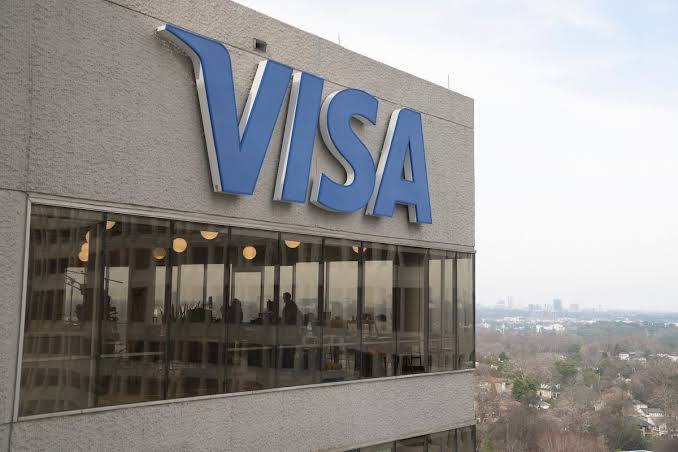In order to increase the speed of cross-border payment transactions, Visa (V) is investing more in cryptocurrencies. According to a recent announcement from Visa, the San Francisco-based company has expanded its stablecoin settlement capabilities with Circle’s USDC stablecoin to the Solana (SOL) blockchain, designed to provide high-speed performance.
One of the first significant financial institutions, according to Visa, to use the Solana network extensively for settlements In contrast to bitcoin (BTC) and the CoinDesk Market Index (CMI), which have declined as a result of the news, SOL has increased by almost 2%.
According to the announcement, Worldpay and Nuvei, merchant acquirers that handle debit and credit card payments for businesses worldwide, have also launched pilot programmes with Visa.
They now give their customers the option of getting USDC stablecoin settlement rather than fiat money. In 2021, the payments company first began experimenting with USDC for treasury operations. In a joint pilot project with cryptocurrency exchange Crypto.com, the business settled cross-border payments made with Crypto.com Visa cards utilising the Ethereum blockchain.
Cuy Sheffield, head of crypto at Visa, said in a statement: “By leveraging stablecoins like USDC and international blockchain networks like Solana and Ethereum, we’re helping to improve the speed of cross-border settlement and providing a modern option for our clients to easily send or receive funds from Visa’s treasury.
The advancement is yet another turning point for conventional financial institutions utilising blockchain technology. According to research firm Bernstein, as global consumer and financial companies use tokens on public blockchains to fuel value exchange on their platforms, the stablecoin market might increase to $2.8 trillion in the next five years.
Stablecoins are a subclass of cryptocurrencies whose prices are linked to an external asset, primarily to the U.S. dollar, and which are being used more frequently in underdeveloped countries as remittance and savings tools. PayPal, a fintech company, just launched PYUSD, its own stablecoin on the Ethereum network.


